Where Are the Black Rewatch Podcasts?
'Living Single' alums Erika Alexander and Kim Coles are trying to change how white podcasts about classic TV are with "ReLiving Single."
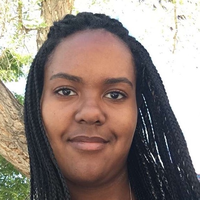
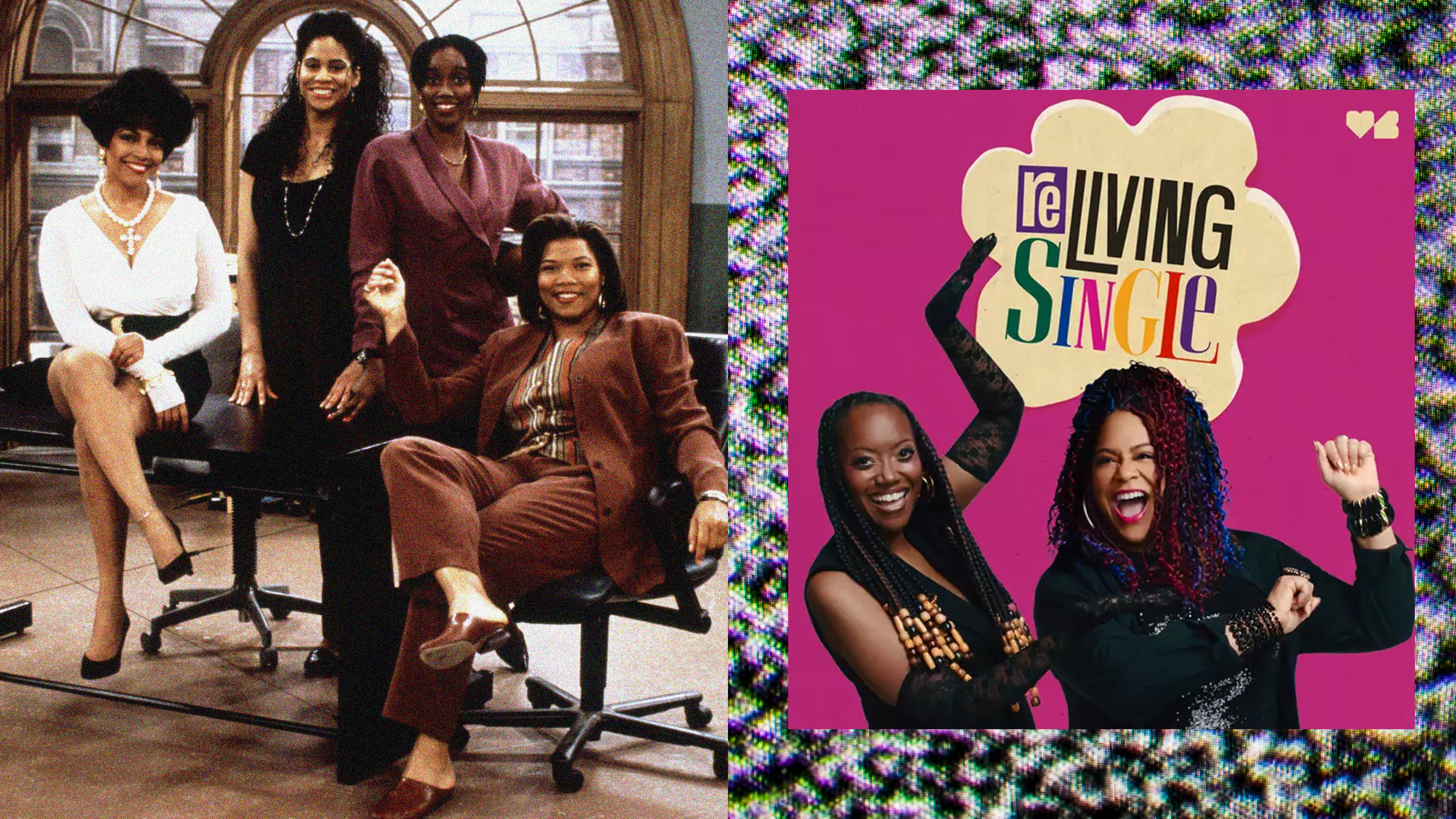
Select the newsletters you’d like to receive. Then, add your email to sign up.
You are now subscribed
Your newsletter sign-up was successful
Want to add more newsletters?

Delivered daily
Marie Claire Daily
Get exclusive access to fashion and beauty trends, hot-off-the-press celebrity news, and more.

Sent weekly on Saturday
Marie Claire Self Checkout
Exclusive access to expert shopping and styling advice from Nikki Ogunnaike, Marie Claire's editor-in-chief.

Once a week
Maire Claire Face Forward
Insider tips and recommendations for skin, hair, makeup, nails and more from Hannah Baxter, Marie Claire's beauty director.

Once a week
Livingetc
Your shortcut to the now and the next in contemporary home decoration, from designing a fashion-forward kitchen to decoding color schemes, and the latest interiors trends.

Delivered Daily
Homes & Gardens
The ultimate interior design resource from the world's leading experts - discover inspiring decorating ideas, color scheming know-how, garden inspiration and shopping expertise.
When Living Single premiered in August 1993, the seminal yet undersung sitcom changed television forever. The five-season series made historic gains for creators of color working behind the scenes in Hollywood, and it originated a trend of “friends making it in the big city” stories that continues to this day. This year, stars Erika Alexander and Kim Coles continued the show’s legacy when they announced “ReLiving Single," the "official unofficial Living Single rewatch podcast,” and immediately became trailblazers in the podcasting industry.
“ReLiving Single” marks the first open-ended celebrity-hosted podcast that rewatches and reminisces on a previously aired show led by Black people in front of and behind the camera. Similar celebrity-hosted podcasts, which offer fans much-treasured nostalgia and behind-the-scenes gossip and give actors the platform to capitalize on the legacy of their best-known roles, have grown in popularity over the past tumultuous decade in Hollywood. But they’ve reflected the dynamics of Hollywood as a whole: They’re all for shows in the “mainstream,” with majority-white casts and writer’s rooms.
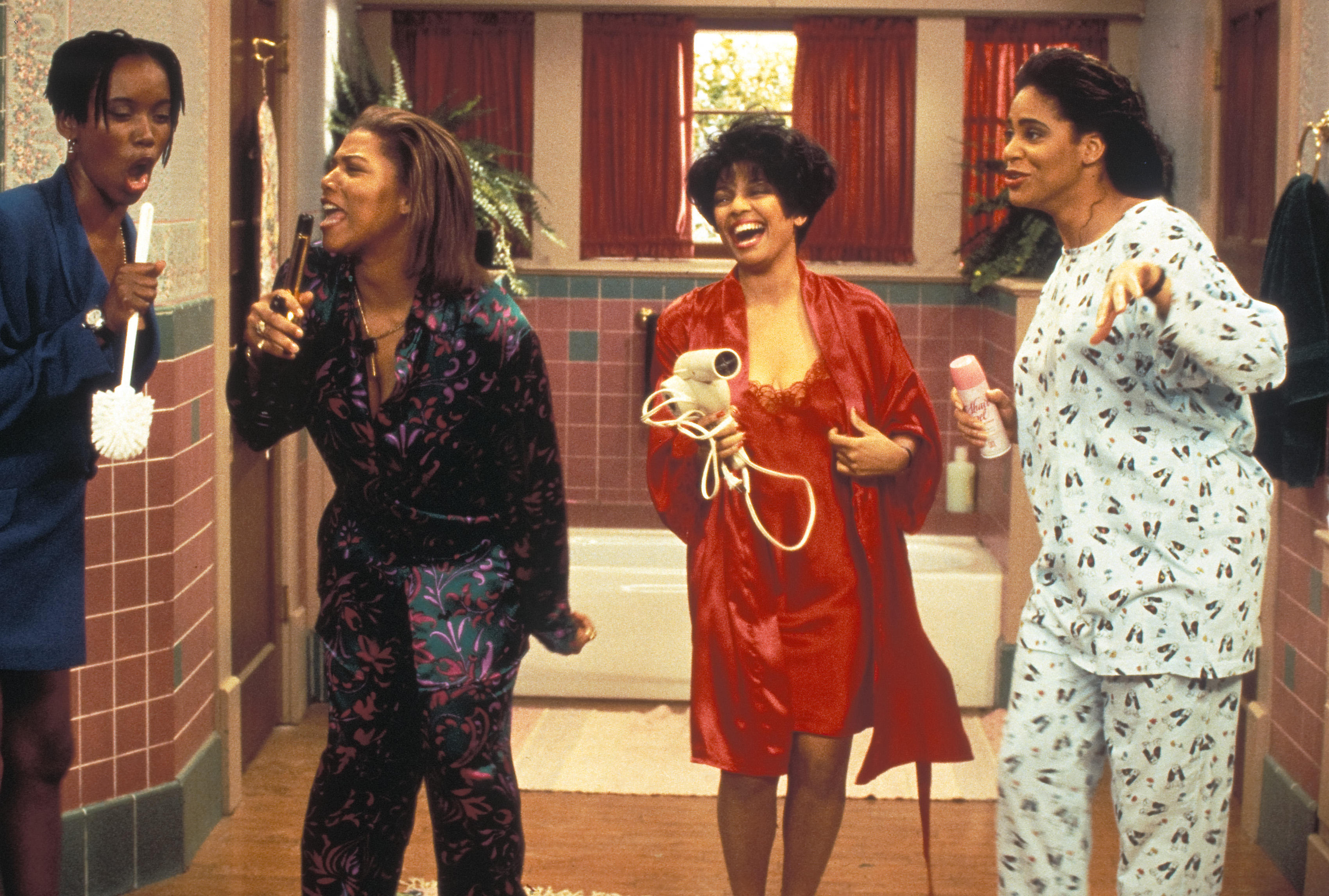
The Living Single ladies, from left: Erika Alexander, Queen Latifah, Kim Fields, and Kim Coles.
Although they’re an essential part of television history, series led by diverse casts tend to be buried by the industry. Anyone who grew up watching FOX, The WB, and UPN in the ‘90s and 2000s (or reruns of the legendary Black sitcoms of the ‘70s and ‘80s) knows that these shows don’t often get the props they deserve for leading the entertainment industry and inspiring the programs that came later, outside of “for us by us” celebrations like the BET and NAACP Awards. (Just look at the sparse history of Black Emmy winners before the 2020s, and even still, no Black-led show has ever won Outstanding Comedy Series.) When networks and streamers decide which franchises receive reboots, anniversary specials, or game shows, Black franchises are often an afterthought.
Thankfully, one of the hallmarks of Black fandom is a fervent need to give our icons their flowers while they’re still here to smell them. One of the avenues where this happens most often is in Black culture podcasts like “The Read,” “Vibe Check,” “For Colored Nerds,” and “The Nod,” the latter two being iterations of the eight-year hosting partnership between Brittany Luse (who’s now leading NPR’s "It’s Been a Minute") and Eric Eddings, now vice president of audio at Kevin Hart’s media company, Hartbeat. In May 2019, Alexander was a guest on Eddings’s “The Nod” for a retrospective episode, “The Rise and Fall of Black TV”—though they only scratched the surface on Living Single's legacy.
“[The stars of] Living Single were at the top of their craft when it came to creating comedy that authentically felt Black and was in conversation with the culture. It just felt like perfection then and now,” Eddings tells Marie Claire via email.
“I always wanted to ask more questions about her time on Living Single,” he says. “I wanted to understand what it was like to really build that behind the scenes, and all the little nuances that would appear when people are in front of the camera and the world doing something new and different. It felt obvious that it could create a really great framework for an ongoing show.”
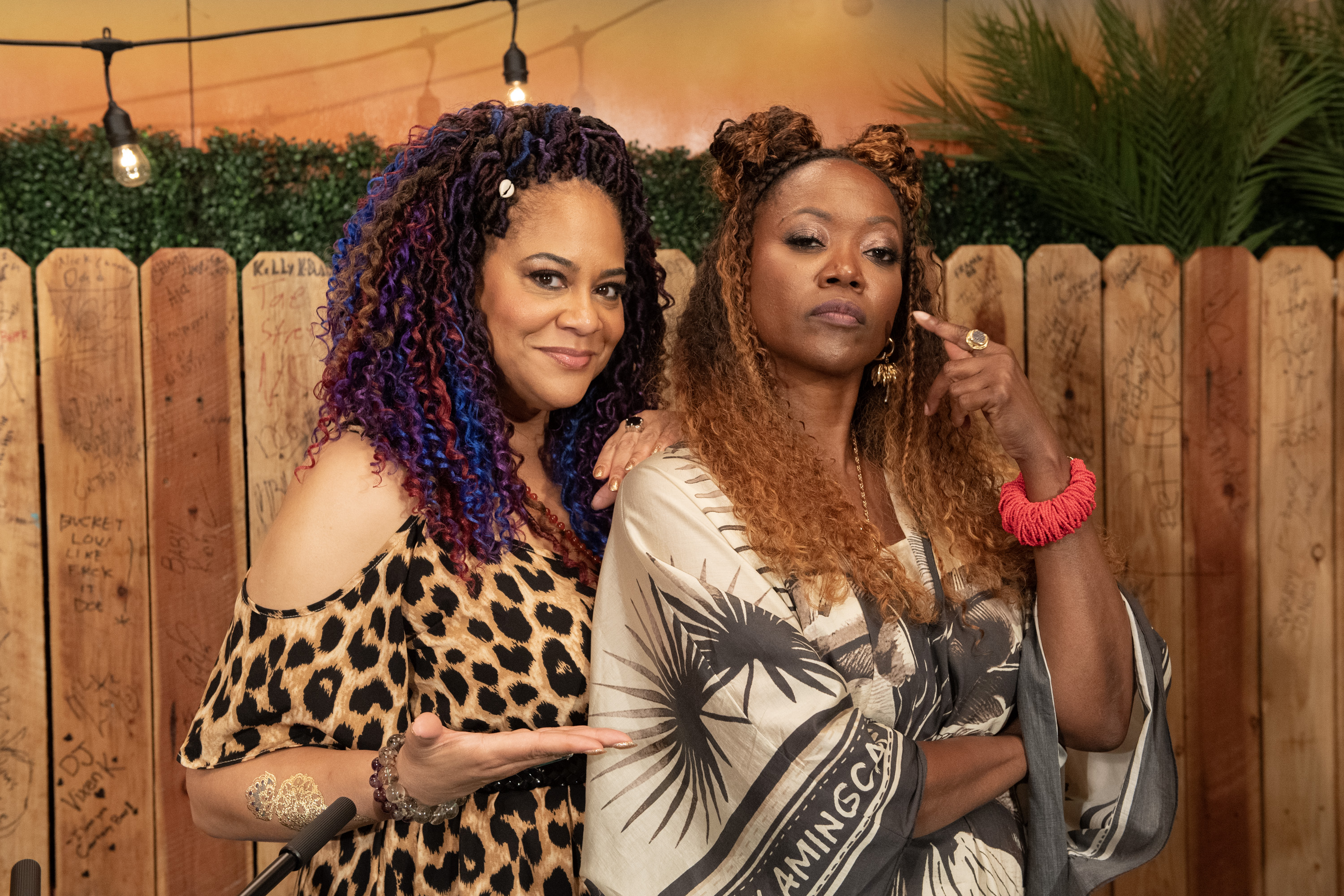
ReLiving Single hosts Kim Coles and Erika Alexander at Essence Fest 2025 in New Orleans.
So, six years later, Hartbeat and Alexander’s Color Farm Media brought “ReLiving Single” to life. The podcast is a “love letter to the fans”, but it’s a nuanced celebration. In each installment, the hosting duo breaks down an individual episode with behind-the-scenes recollections and expert analysis of the writing and performances, before diving into the societal themes of each episode to discuss how culture has evolved in the 30-plus years since the FOX hit's original airing. Now over 20 episodes into its inaugural season, “ReLiving Single” has used sitcom plots like Synclaire and Overton’s first date, Overton and Kyle’s first big fight as roommates, and Regine getting mugged, to discuss the evolution of sexual norms, toxic masculinity and male friendships, and the prison-industrial complex’s impact on Black families. For Alexander, who also serves as executive producer on the pod, the opportunity to take the series beyond nostalgia into the realm of education, or what she describes as a “masterclass talking about the industry [and life],” was why she agreed to do the show.
Get exclusive access to fashion and beauty trends, hot-off-the-press celebrity news, and more.
Of course, discussing Living Single also means revisiting back into the actress’s pasts, when the main cast and creator Yvette Lee Bowser (then Yvette Denise Lee, who became the first African-American woman to develop her own primetime series) were all in their 20s and 30s, filming a show about the similar work and dating woes they were going through in real life. Speaking to Marie Claire, longtime friends Alexander and Coles say that “ReLiving Single” has been full of revelations that they hadn’t known at the time and had never discussed.
“It’s been very sacred because we're laughing, but we are healing,” Alexander says. “We didn't know at the time that we were making a type of history, but inside of that [we were also] growing up. There were things that happened that were out of our control that were divisive and hurtful, and we hadn't talked about it in real space. We talked about it behind the scenes a little bit, but it also needed us to grow up and away from it, so it wasn't so raw and painful. So [the show’s] been a balm and a way, a sort of an entry point to some things that we just really could not face.”
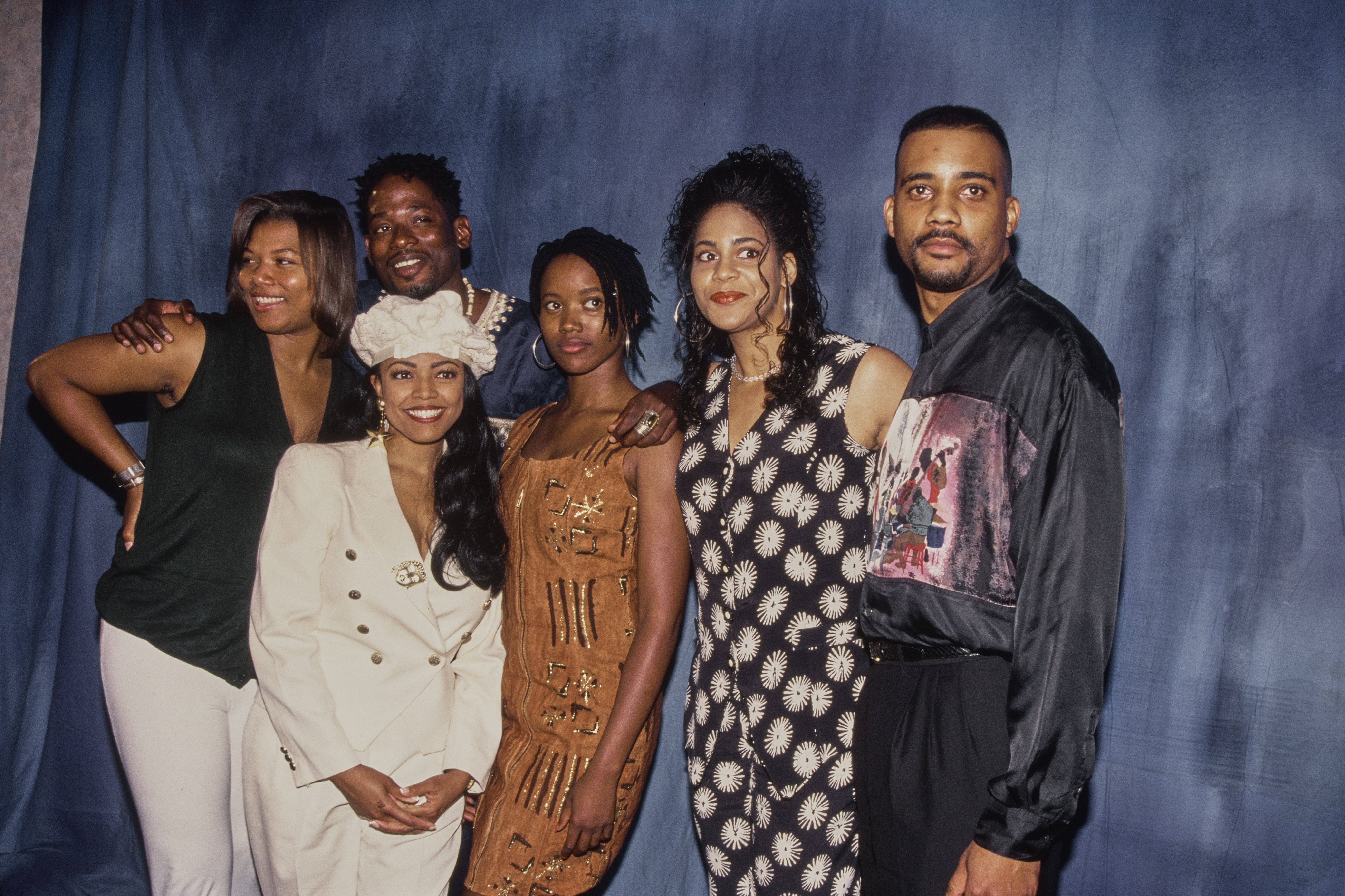
The Living Single cast in 1993, from left: Queen Latifah, T.C. Carson, Kim Fields, Erika Alexander, Kim Coles, and John Henton.
It’s hard to explain how much Living Single means to me. It’s one of the shows that has made me who I am, both as a writer and TV critic and as a person. Khadijah (Queen Latifah), Max, Synclaire, and Regine gave me a vision of what I wanted for the future: a found family and a career I loved. (Yes, magazine publisher Khadijah was my favorite.) Listening to an episode of “ReLiving Single” feels like hanging out with my older sisters and role models every week; along with Alexander, Coles, and their guests, I’ve laughed a lot, learned a lot, and even teared up at the emotional moments. I often leave an episode thinking, They just don’t make shows like this anymore. And then a question pops up that can be shared by both the original series and the podcast: Why aren’t there more?
As Alexander points out, the powers that be in entertainment have a long-held practice of “devaluing” Black-led series, which Living Single has faced since its inception. (If you haven’t yet, look up “Living Single Friends.”) “There are all these shows that are beloved, but people did not want to put money [in them],” she says. “I don't know how we've gotten that because Black culture has obviously fueled American culture. All the foundation of it is rooted in African-Americans, but it doesn't mean [they’ll put money behind us]. Racism is very systemic and insidious, and in that way, it has stopped the advancement of most shows of color in all sorts of ways that you could exploit the trademarks.”
“ReLiving Single” is a bit of a miracle in 2025, as Black, Indigenous, and POC representation continues to dwindle in all industries, not just entertainment. It’s also a potential blueprint to keep the legacy of these series alive and inspire both casual fans and future storytellers to tell diverse stories. “We have seen so many rewatch podcasts,” Coles says. “Why not have all of [these shows] have their own place where the fans and the friends and people who are interested in the history get to watch and learn and [reminisce]. If these characters and shows cause a visceral response, then why not have the people who [made them] have a deep, rich, and revealing conversation about their time?”
“There are so many opportunities for creators to come back to the moments they created something that impacted us,” Eddings adds. “Rewatch podcasts are an amazing part of that, and it's important for Black people to be in community and tell our stories.
Now that ReLiving Single has been named one of the best new podcasts of 2025, will more Black rewatch podcasts follow in its footsteps? Could we get Jasmine Guy and Kadeem Hardison going deep on A Different World, or Jackée Harry and Regina King reminiscing about 227, or an extended chat between our Girlfriends? Whatever the next iteration is, I’ll be there to walk down memory lane and give long-awaited props to one of the Black shows that moved television forward.
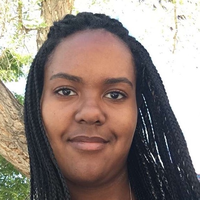
Quinci LeGardye is a Culture Writer at Marie Claire. She currently lives in her hometown of Los Angeles after periods living in NYC and Albuquerque, where she earned a Bachelor’s degree in English and Psychology from The University of New Mexico. In 2021, she joined Marie Claire as a contributor, becoming a full-time writer for the brand in 2024. She contributes day-to-day-content covering television, movies, books, and pop culture in general. She has also written features, profiles, recaps, personal essays, and cultural criticism for outlets including Harper’s Bazaar, Elle, HuffPost, Teen Vogue, Vulture, The A.V. Club, Catapult, and others. When she isn't writing or checking Twitter way too often, you can find her watching the latest K-drama, or giving a concert performance in her car.